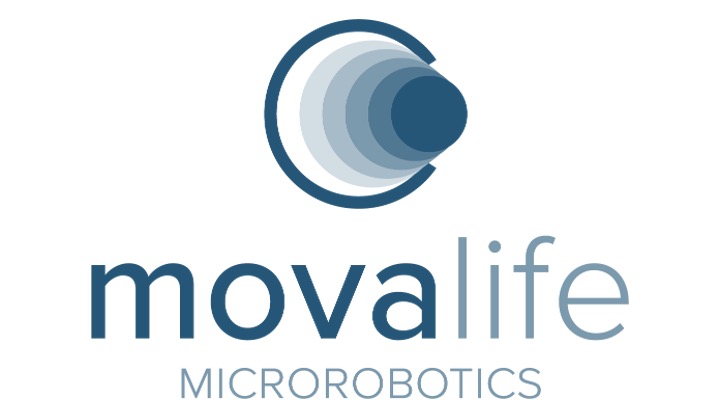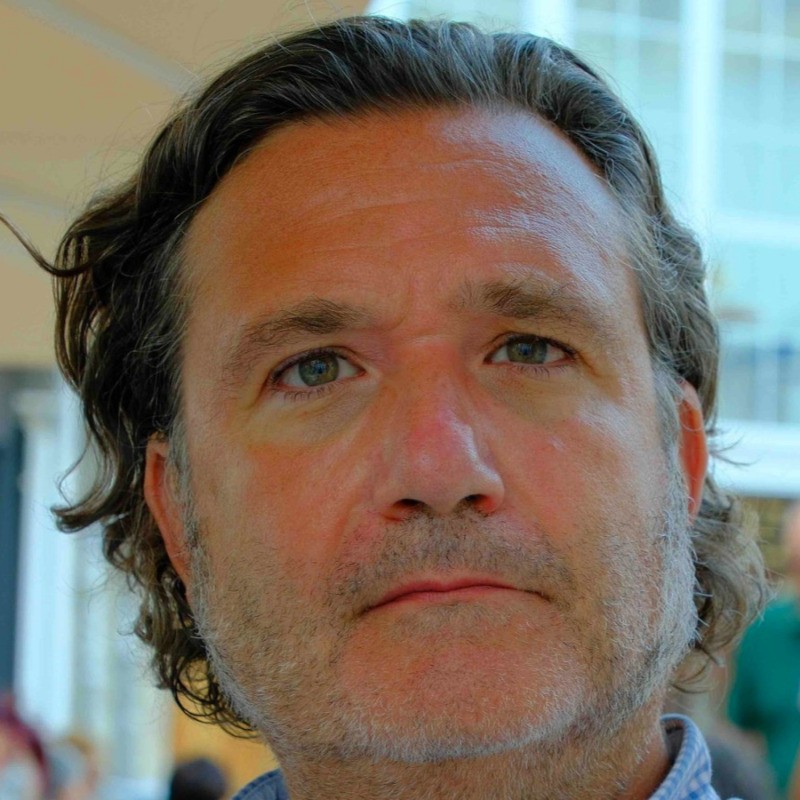
MovaLife microrobotics
About your organization / profile
Fertility a global societal challenge
The World Health Organization regards infertility as a global public health concern, affecting over one in six adults worldwide. This issue impacts 48 million couples and 186 million individuals. The Director-General underscores the need to provide a wide-reaching availability of safe, effective, and affordable means for achieving parenthood. With lifestyle changes, infertility has been steadily increasing for the past half-century. Available data indicates that the in vitro fertilization (IVF) market is expected to experience double-digit growth in the coming years. In 2021, over 3 million IVF procedures were conducted, with an average cost $5,000 and exceeding $12,000 in the US.
IVF: the prevailing but unsatisfying medical solution
IVF, with or without microinjection - ICSI (Intra Cytoplasmic Sperm Injection), has become the primary assisted reproductive technology (ART) treatment offered to infertile couples. Despite significant progress, implantation failure still affects many couples. Success rates for IVF remain low and vary considerably from one laboratory to another, and even within the same center. Regardless of the country, the average success rate is around 25%. However, this average rate hides a significant variability, with success rates ranging from 13% to 38%. The low efficiency is attributed to the still highly artisanal nature of the protocols, involving multiple manual manipulations and sample transfers between various devices, introducing numerous sources of variability and uncertainties.
Strong need to reinvent current process
Fertility clinics, gynecologists, and patients express a strong demand for streamlining and industrializing the IVF procedure. The goal is to better control the various parameters affecting success, reduce treatment time, and optimize the rate of healthy births. It is from this observation that MovaLife emerged, leveraging over 10 years of robotics research at the Sorbonne University Robotics Laboratory (ISIR, UMR 7222 CNRS, INSERM) on the manipulation of biological objects. A collaboration was initiated in 2021 with the Assisted Reproduction Center at Tenon Hospital (AP-HP), during which the feasibility of several key steps in the IVF procedure was validated by implementing the robotic technologies developed in the laboratory. We identified how robotics could provide solutions to mitigate variability arising from manipulations and address the lack of control over the culture environment.
Our solution
The developed product is an all-in-one medical device that enables the completion of a full IVF cycle. The equipment comprises an instrumented incubator, which includes an optical micromanipulation system, an environmental control and time-lapse visualization system, and a conveyor system. The system is complemented by disposable microfluidic cassettes designed to accommodate gametes and embryos. These cassettes contain Optobots™, mobile microrobots of the same dimensions as cells (ranging from 1 to 100 µm). All micromanipulation tasks will be carried out entirely within the controlled environment of the incubator, ensuring optimal stability of culture conditions and constant protection of cells against oxidative stress, mechanical stress, and temperature variations. This robotic approach will significantly reduce dependence on human factors, such as the operator's dexterity, while keeping the operator at the core of the process to supervise each step and make medical decisions. The result will be a reduction in the time devoted to each treatment, a decrease in associated costs, and better control of procedure parameters, leading to increased success rates.
A development plan based on regulatory requirements
This strategic approach aligns with our commitment to regulatory compliance and global market penetration, ensuring the broader accessibility of our innovative solution.
For the funding of our upcoming preclinical phase, we are seeking to raise an additional 700,000 euros in addition to the 600,000 euros in grants already obtained, particularly through the Grand Prix i-Lab 2023. We have the possibility to mobilize up to €350k in FrenchTech Seed convertible bonds to support this initial fundraising round.
We estimate a financial total requirement of approximately 10 million euros to develop the clinical and regulatory aspects, establish an industrial manufacturing process for our system and its consumables, and deploy an initial sales team for the first sales in France. To finance this need, we project an equity requirement of around 5 million euros, with the remaining funds sourced from grants, subsidies, and research tax credits. This financing strategy reflects our commitment to mobilize diverse funding sources to support various stages of our development.
Network (0)
There are no organizations in the network.
Recent activities

The dataroom has been updated.

MovaLife microrobotics is now a member of the Bpifrance community.

MovaLife microrobotics is now a member of the Access2EIC community.
Edison Gerena has joined MovaLife microrobotics.

MovaLife microrobotics is now a member of the EIC Accelerator France community.

LAMEIGNERE Eric has joined MovaLife microrobotics.



